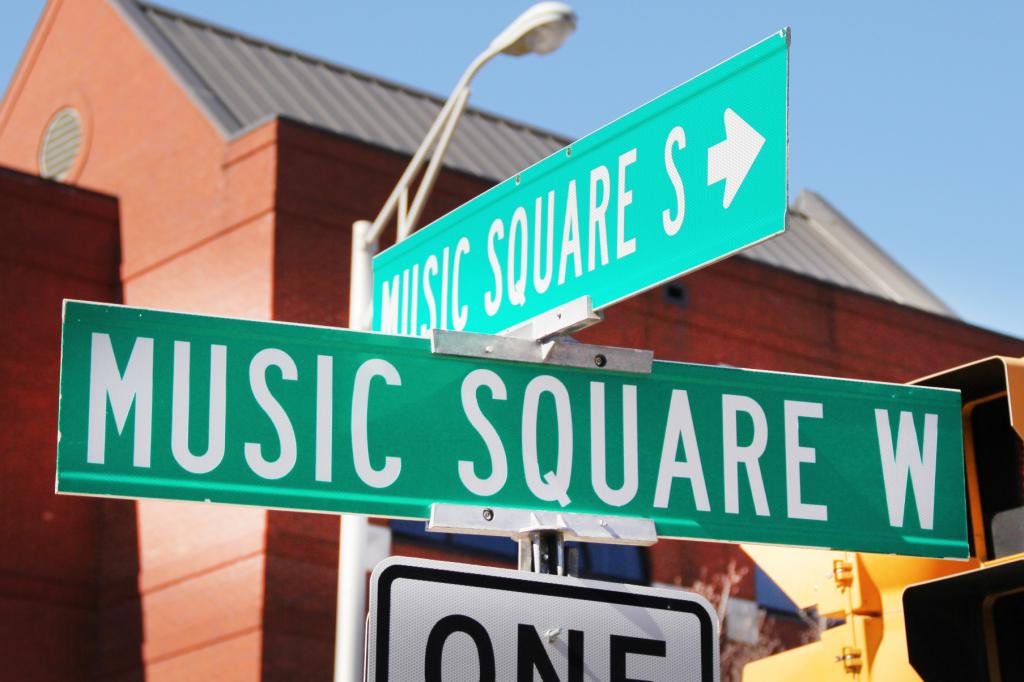In the music industry, talent opens the door—but management keeps it open. A great music manager helps guide your career, protect your time, build your team, and keep you focused on creating while they handle the business. If you’re a songwriter, performing artist, or band trying to grow your presence and income, understanding how music managers work—and how to find the right one—can change the trajectory of your career.
This guide will walk you through what music managers do, how they earn money, when to hire one, and how to build a strong relationship with a manager who believes in your music.
🧠 What Does a Music Manager Do?
At their core, music managers are strategists, connectors, and protectors. They help artists turn talent into a sustainable business. Depending on your career stage and goals, their duties may include:
✅ Core Responsibilities:
• Booking meetings and overseeing your schedule
• Negotiating contracts and fees
• Pitching your songs to publishers, labels, or artists
• Connecting you with a team (publicist, booking agent, attorney, producer)
• Branding, release strategies, and tour planning
• Securing endorsements and sync opportunities
• Managing royalties and tracking income
• Crisis management when things go wrong
In short, your manager is your first line of defense and your biggest advocate.
💼 Different Types of Managers
Not all managers operate the same way. Here are the most common types:
1. Personal Manager
Handles the day-to-day and long-term strategy. Often the most involved and trusted person on your team.
2. Business Manager
Focused on finances—collecting payments, paying bills, managing budgets, and filing taxes.
3. Tour Manager
Handles logistics on the road: transportation, lodging, venue schedules, stage times, and hospitality.
4. Label or Publisher Manager
Works within a company to manage signed artists or songwriters, helping guide creative output and business alignment.
Some managers wear multiple hats. Others specialize. What matters most is that they understand your goals and bring real value to your music career.
💸 How Do Music Managers Get Paid?
Most personal managers work on commission, usually taking 15%–20% of your gross income. This includes money from:
• Live performances
• Songwriting royalties
• Merch sales
• Publishing deals
• Sync licensing
Avoid managers who demand large upfront fees. If someone believes in your potential, they’ll earn their share by growing your earnings—not draining your bank account before you start.
🕰️ When Do You Need a Manager?
Many independent artists try to manage their own careers—and that’s smart in the early stages. But as your career grows, so does the workload.
You may need a manager if:
• You’re getting consistent bookings and can’t keep up with logistics
• You’re being approached by publishers, labels, or collaborators
• You’re earning royalties and need help tracking income
• You want to pitch your music but don’t have the industry connections
• You’re spending more time on admin than on creating music
A manager helps you scale, protect your time, and amplify opportunities.
🎯 How to Find the Right Manager
The best managers aren’t just business-savvy—they’re passionate about your music. They don’t just fill a role—they believe in your vision.
Steps to find a great manager:
1. Build momentum on your own. Managers are drawn to artists who are already working and building a brand.
2. Network constantly. Many artist-manager relationships begin through mutual connections at gigs, festivals, or songwriting events.
3. Ask questions. What’s their experience? Who else have they managed? How do they see your growth?
4. Start with short-term agreements. Test the relationship before signing anything long-term.
5. Hire a music attorney. Always have contracts reviewed by someone who understands music law.
🚫 Red Flags to Avoid
• No industry experience or connections
• Promises of fame with no clear strategy
• Pressuring you into exclusive contracts
• Upfront demands for high fees
• Poor communication or inconsistent responses
Your manager is your partner. Trust and transparency matter more than hype or credentials.
🧠 Final Thoughts: Managing the Manager Relationship
Even with a manager, you’re still the CEO of your own music business. Stay involved. Know your numbers. Make decisions collaboratively. The best artist-manager relationships are built on trust, clear goals, and mutual respect.



